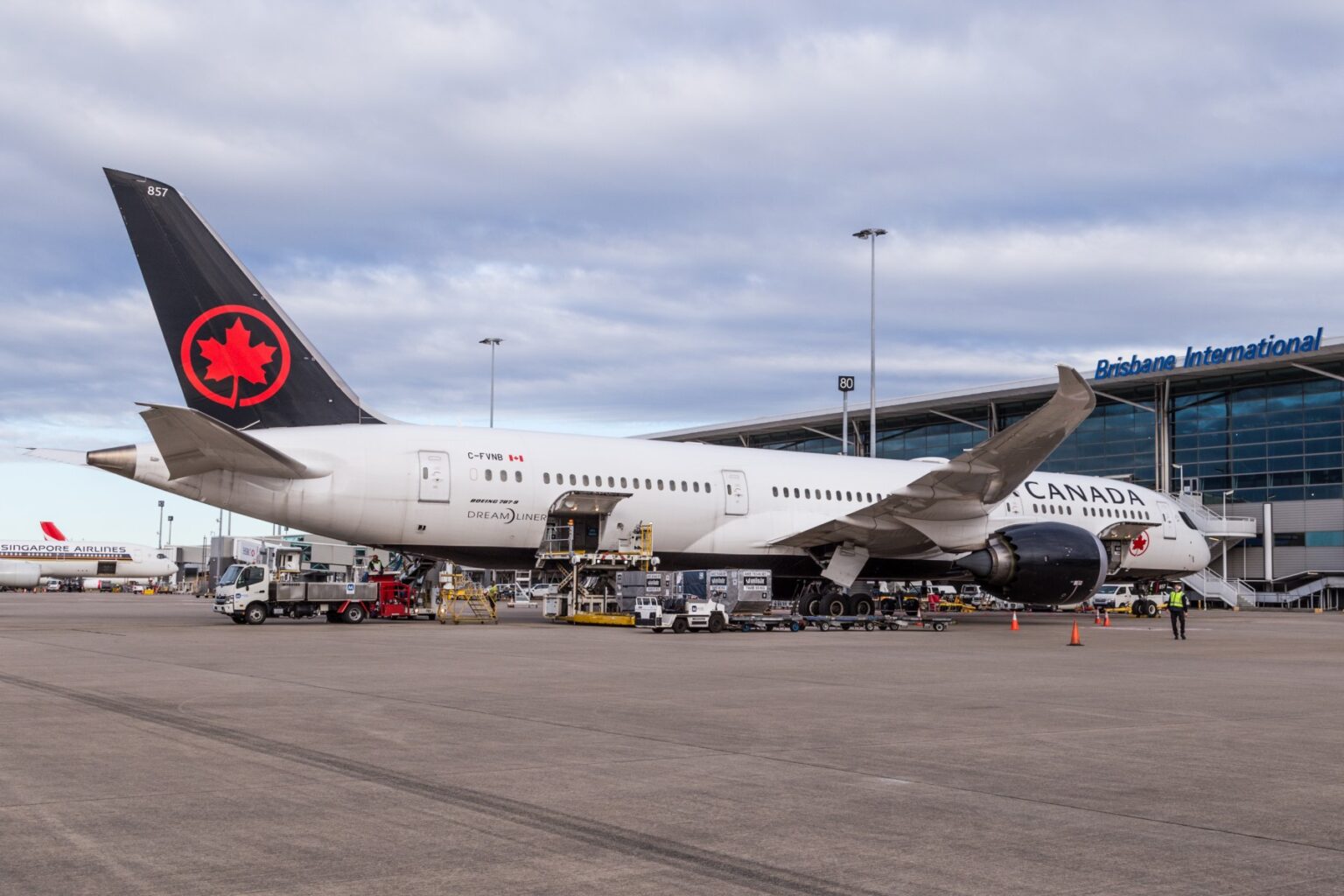Are you dreaming of diving into the rich cultural tapestry of India for an extended period? Perhaps you’ve fallen in love with its vibrant landscapes, captivating traditions, and mouthwatering cuisine. Whatever your reason, extending your Indian visa can open up a world of possibilities for immersing yourself in this incredible country. In this comprehensive guide, we’ll unravel the intricacies of navigating the visa extension process so that you can continue your Indian adventure hassle-free. From understanding the requirements to discovering insider tips and tricks, get ready to unlock everything you need to know about extending your Indian visa! How to extend Indian Visa
Introduction to Indian Visa and its Requirements
Obtaining a visa is an essential step for anyone planning to visit India. It is a document issued by the Indian government that allows foreigners to enter and stay in the country for a specified period. The process of obtaining an Indian visa can seem daunting, but with the right information, it can be a straightforward and hassle-free experience.
Types of Indian Visas
Before we dive into the requirements for an Indian visa, let’s first understand the different types available. There are mainly four types of visas that one can apply for when planning to visit India:
1. Tourist Visa: This type of visa is suitable for individuals who plan to visit India for tourism or sightseeing purposes. A tourist visa is valid for 180 days and allows multiple entries into the country.
2. Business Visa: As the name suggests, this visa is required if you are traveling to India for business-related activities such as attending meetings, conferences, or setting up new ventures. A business visa is usually valid from 3 months to 1 year and can allow multiple entries into India.
3. Employment Visa: An employment visa is necessary if you intend to work in India for an organization or company based in the country. The duration of this type of visa depends on your employment contract. Indian Visa for Azerbaijan Citizens
4. Student Visa: If you have been accepted into an educational institution in India, you will need a student visa before entering the country. This type of visa allows students to study in India
Understanding the Different Types of Indian Visas
Before diving into the process of extending your Indian visa, it is important to have a clear understanding of the different types of visas available for foreigners visiting India. While the application and extension processes may be similar for most visas, each type serves a specific purpose and has its own set of rules and regulations.
1. Tourist Visa: As the name suggests, this type of visa is meant for those who are visiting India for tourism or other recreational activities such as sightseeing, attending cultural events or festivals, or simply visiting friends and family. It is valid for a maximum stay of 180 days with multiple entries allowed during this period. This visa cannot be extended beyond the initial 180 days.
2. Business Visa: This type of visa is issued to foreign nationals who are traveling to India for business purposes such as attending meetings, conferences, trade fairs or setting up their own business in the country. It allows multiple entries with a maximum stay duration of 180 days which can be extended further if required.
3. Employment Visa: This visa is granted to foreigners who have been offered employment by an Indian company or organization. The initial validity period ranges from one to five years depending on the nature of employment but can be extended thereafter if needed.
4. Student Visa: Students who wish to pursue their education in India must obtain a student visa which allows them to stay in the country for the duration of their course. The validity period varies depending on the length
Step-by-Step Process for Extending Your Indian Visa
If you are planning to extend your Indian visa, it’s important to understand the step-by-step process involved. This will help you prepare in advance and ensure a smooth and hassle-free experience. In this section, we will guide you through the entire process of extending your Indian visa.
Step 1: Determine the Type of Visa Extension You Need
The first step is to determine what type of visa extension you require. There are two types of extensions available – short-term extensions (up to 180 days) and long-term extensions (more than 180 days). If you need a short-term extension, you can apply for an e-Tourist Visa or an e-Business Visa. For longer extensions, you will have to apply for a regular tourist or business visa.
Step 2: Gather Required Documents
Once you have determined the type of extension you need, gather all the required documents. These may include your passport with at least six months’ validity remaining, current Indian visa, proof of travel plans such as flight tickets or hotel reservations, bank statements showing sufficient funds for your stay in India, and any other supporting documents depending on your specific circumstances.
Step 3: Fill Out the Online Application Form
You can now fill out the online application form on the Indian government’s official website for visas –Provide accurate information about yourself and upload all necessary documents as per the instructions provided on the website.
Step 4: Pay Applicable Fees
After
Required Documents
If you are planning to extend your Indian visa, there are certain documents that you will need to submit as part of the application process. These documents are crucial in determining whether or not your visa extension will be approved. In this section, we will discuss the required documents for extending an Indian visa and provide some tips on how to prepare them.
1. Valid Passport: The first and most important document that you will need is a valid passport. Your passport must have at least six months validity remaining from the date of your visa extension application. Make sure that your passport has enough blank pages for the visa sticker and any necessary stamps.
2. Current Indian Visa: You must also have a valid Indian visa before applying for an extension. If your current visa is about to expire, it is recommended to apply for an extension at least 3-4 weeks before its expiration date.
3. Completed Application Form: You will be required to fill out an application form with all the necessary details such as personal information, purpose of visit, duration of stay, etc. This form can be obtained online or from the Foreigners Regional Registration Office (FRRO) in India.
4. Proof of Financial Means: Along with your application form, you must provide proof that you have enough funds to support yourself during your extended stay in India. This could include bank statements or a letter from your employer stating your salary and job security.
5. Proof of Accommodation: You may also need to show proof of accommodation for the



